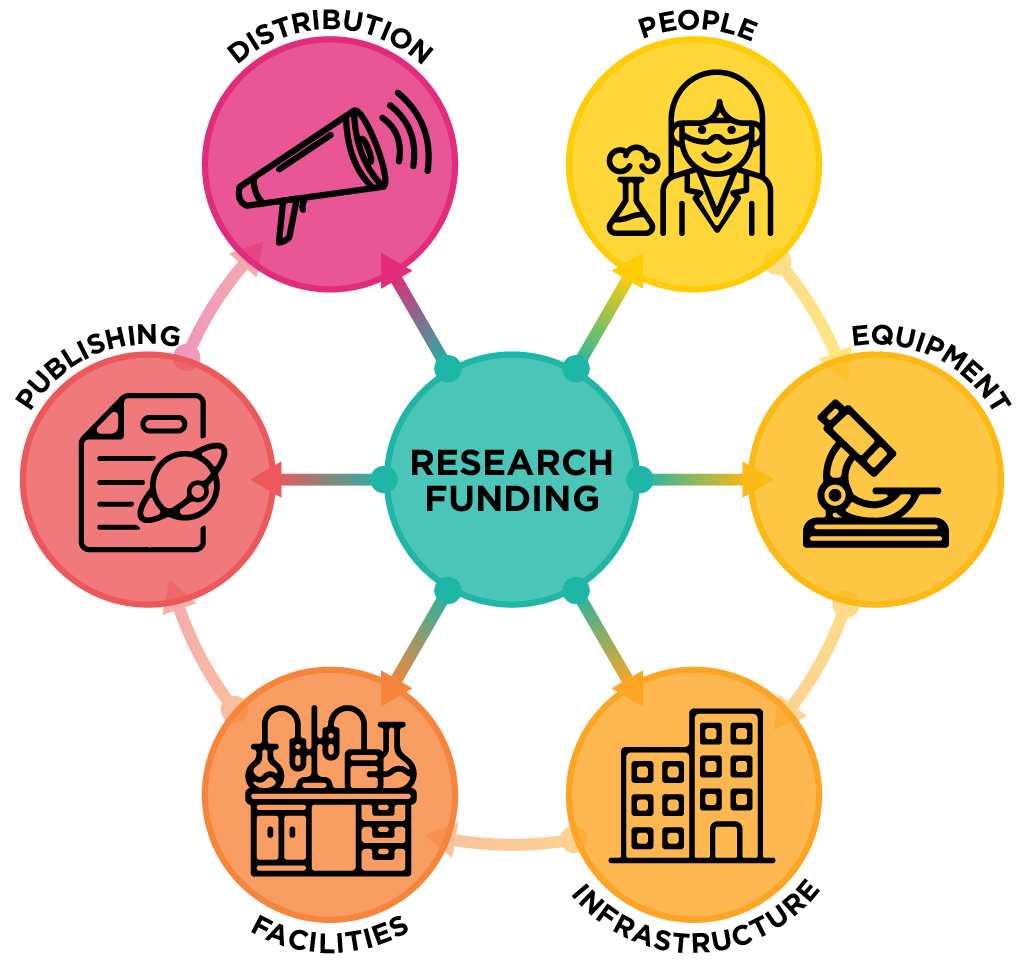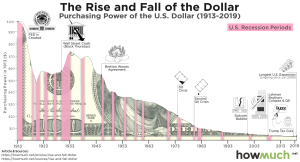Research funding plays a pivotal role in shaping the landscape of innovation and entrepreneurship across the United States. As universities and research institutions like Harvard strive to develop groundbreaking technologies and biomedical advancements, adequate funding is essential to fuel these ventures. However, recent controversies around government grants have spotlighted the precarious nature of financial support for research, threatening to undermine U.S. innovation. A decline in these funds not only hampers academic progress but could also stifle the emergence of new startups that are crucial to the startup ecosystem. Ultimately, maintaining robust research funding is key to ensuring that entrepreneurship flourishes and that America remains at the forefront of technological advancement.
Securing financial resources for research is crucial for fostering an environment where innovation can thrive. The interplay between university-supported ventures and the burgeoning startup landscape is vital for creating new business opportunities. With institutions like Harvard at the helm of scientific inquiry, alternative funding streams are necessary to sustain the momentum of research in science and technology. The intersection of academic exploration and commercial viability ensures that new ideas can transform into successful entrepreneurial endeavors. As we navigate the complexities of funding for research, understanding its far-reaching implications on both academia and the broader economy becomes increasingly important.
The Critical Role of Research Funding in U.S. Innovation
Research funding plays a pivotal role in driving U.S. innovation, particularly in sectors like technology and biomedical research. By financing essential investigations and projects, federal funding acts as a catalyst for breakthroughs that redefine industries and improve quality of life. Institutions like Harvard, known for their cutting-edge labs and research facilities, benefit immensely from these funds, facilitating a continuous flow of scientific discoveries that can be commercialized into viable startups. Without adequate funding, the pipeline of innovation could dry up, stifling growth in the economy.
Moreover, research funding supports not just individual projects but entire ecosystems. As reported by economists, a significant return on investment exists in federal biomedical research, with every dollar generating over $2.50 in economic activity. This multiplier effect underscores the importance of maintaining robust funding mechanisms to ensure that the U.S. remains at the forefront of global innovation. Where there is financial support for research, there is a greater likelihood of engendering entrepreneurial ventures that contribute to the local and national economy.
Frequently Asked Questions
What is the impact of federal research funding on U.S. innovation?
Federal research funding is crucial for U.S. innovation as it enables research universities to generate groundbreaking ideas that can lead to new startups. These funding resources support laboratories which, in turn, foster an environment ripe for entrepreneurship, ultimately enhancing economic growth.
How does Harvard funding contribute to the startup ecosystem?
Harvard funding plays a significant role in the startup ecosystem by providing resources and support for faculty and students to commercialize their research. The university’s strong emphasis on entrepreneurship, aided by funding, allows for the creation of numerous startups that drive innovation and the economy.
What are the consequences of research funding cuts for biomedical research?
Cuts to research funding for biomedical research can lead to a decline in the development of new medical technologies and treatments. As federal funds dry up, labs may face resource shortages, stifling innovation, and ultimately resulting in fewer startups being launched in the biomedical field.
Why is entrepreneurship important for economic growth in the context of research funding?
Entrepreneurship is vital for economic growth, particularly fueled by research funding, as it catalyzes the commercialization of new technologies. Research-led startups create jobs, foster innovation, and contribute significantly to GDP, underscoring the importance of sustained funding for research initiatives.
What role do universities play in sustaining the startup ecosystem?
Universities, particularly through research funding, act as incubators for startups. They provide vital resources, networking opportunities, and mentorship for aspiring entrepreneurs, linking academic research with practical business applications, which is essential for a vibrant startup ecosystem.
How do federal funding freezes affect the creation of new startups?
Federal funding freezes disrupt the incubation pipeline in research universities, leading to fewer resources for aspiring entrepreneurs. Over time, this results in a decline in the number of startups as fewer innovative ideas transition from labs to market, hindering U.S. entrepreneurship.
What is the long-term effect of halted NIH grant payments on research outputs?
Halting NIH grant payments can have a long-term negative impact on research outputs. Initially unnoticed, the effects manifest over several years as fewer research projects are funded, ultimately resulting in a significant drop in innovative discoveries and startup formations.
Can research funding cuts be reversed to restore innovation and entrepreneurship?
While cuts to research funding can potentially be reversed, it may take one to three years to fully restore the pipeline of innovation and entrepreneurship. Research ideas take time to develop into viable startups, thus any disruption can create lasting effects on the market.
| Key Points | Details |
|---|---|
| Threat to Research Funding | The Trump administration’s demands led to a $2 billion grant freeze for Harvard, affecting research funding in science, medicine, and technology. |
| Impact on GDP | Projected GDP shrinkage of 3.8%, similar to the Great Recession, if funding cuts are fully realized. |
| Economic Activity from Biomedical Research | $2.56 generated for every dollar invested in federal biomedical research according to United for Medical Research. |
| Role of Research Universities | Firmly connected to startups via faculty projects and student entrepreneurship programs. |
| Disruption to Startups | Immediate risk to startup emergence due to funding freezes, with longer-term effects on innovation. |
| Potential for Recovery | It could take 1-3 years to see recovery in startup creation following funding reinstatement. |
Summary
Research funding is crucial for sustaining innovation and economic growth. With the ongoing threats to research funding, especially at prominent institutions like Harvard, the future of entrepreneurship and startup ecosystems is at risk. Should these funding challenges persist, we could witness significant setbacks in the development of new technologies and the economic contributions they bring. Timely solutions and restored funding will be essential to reversing the current trends and ensuring a thriving future for American innovation.




